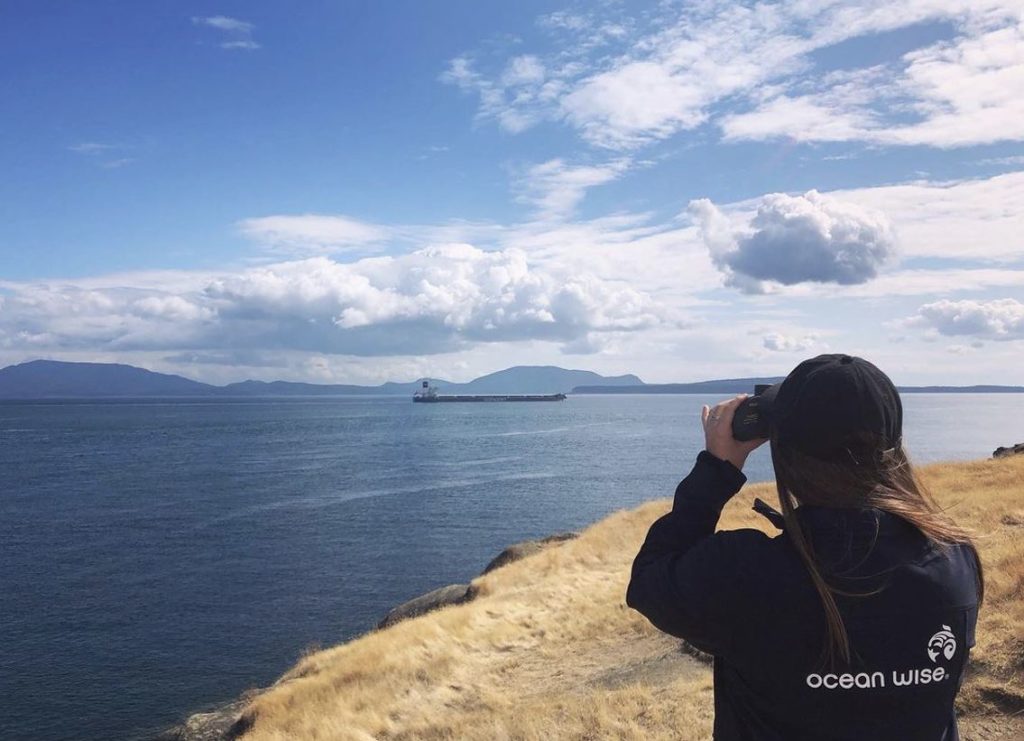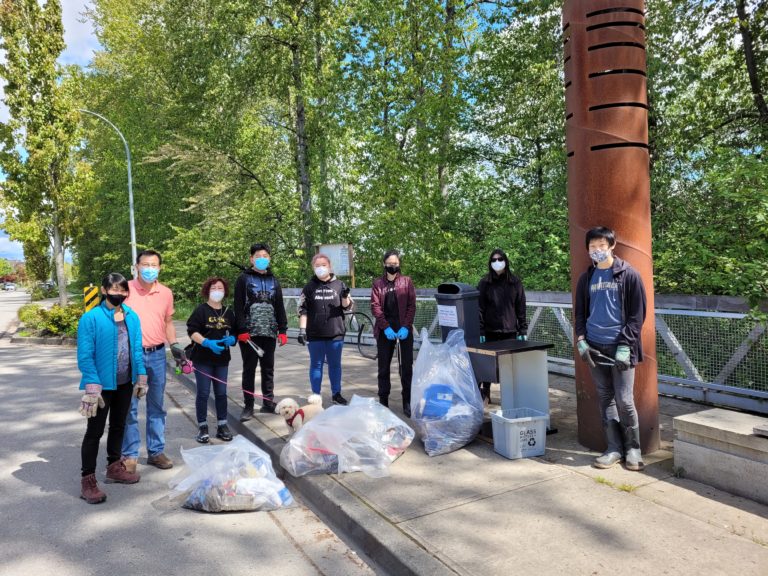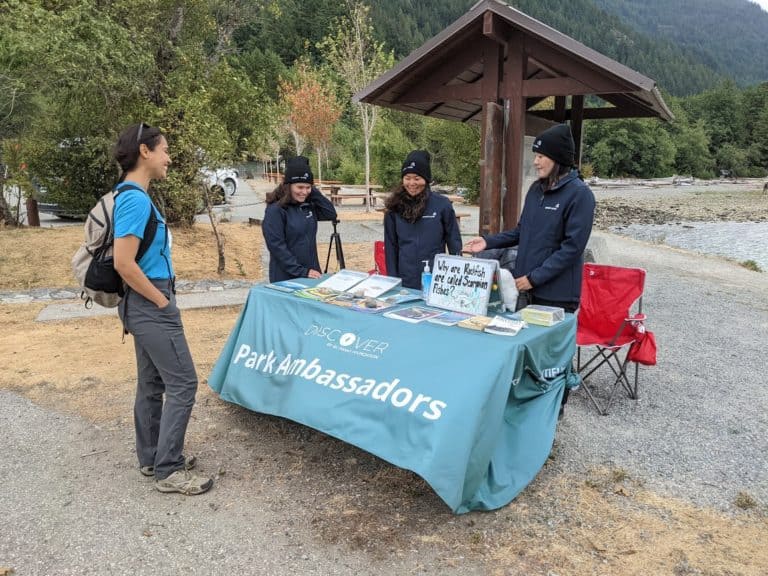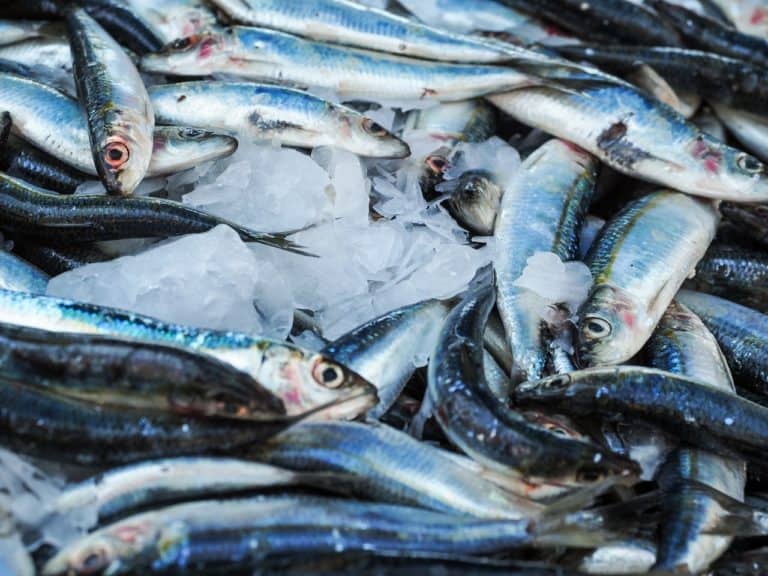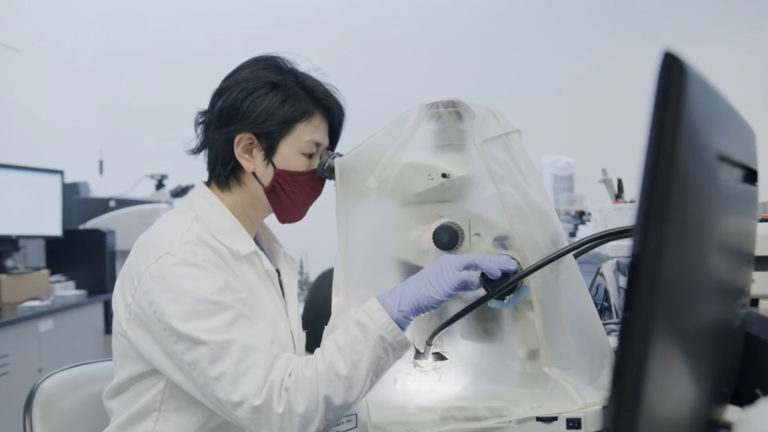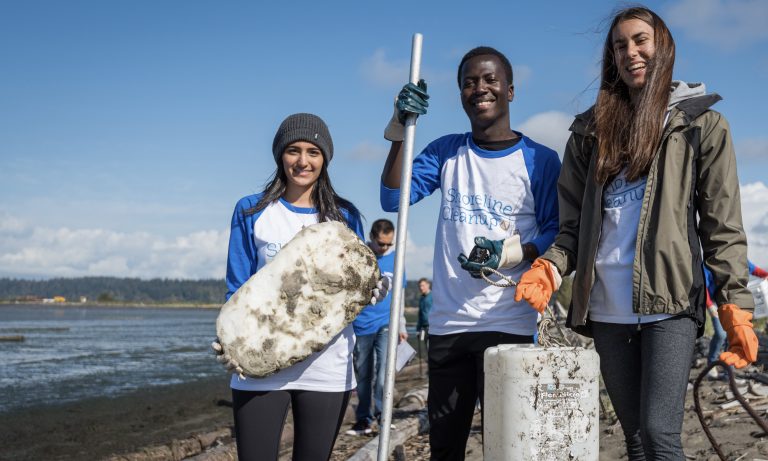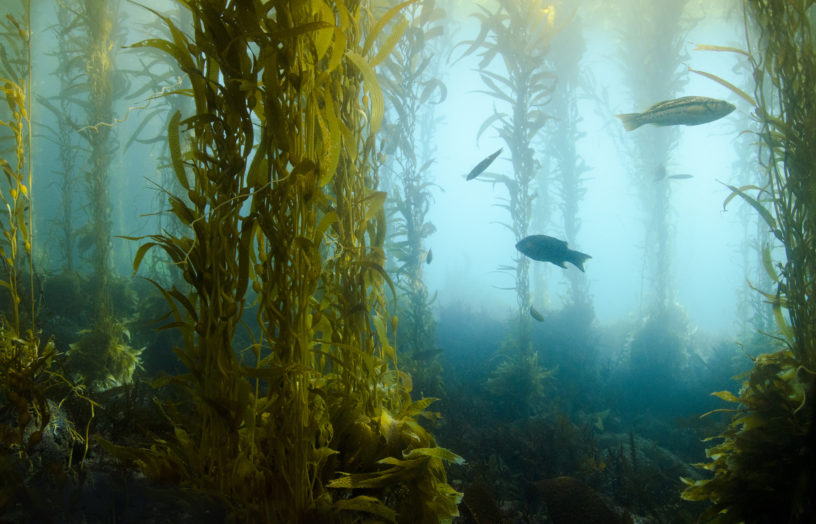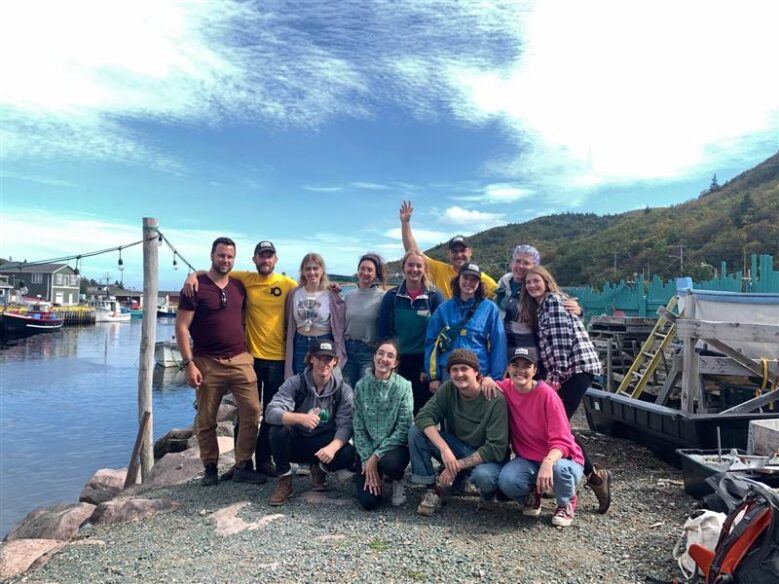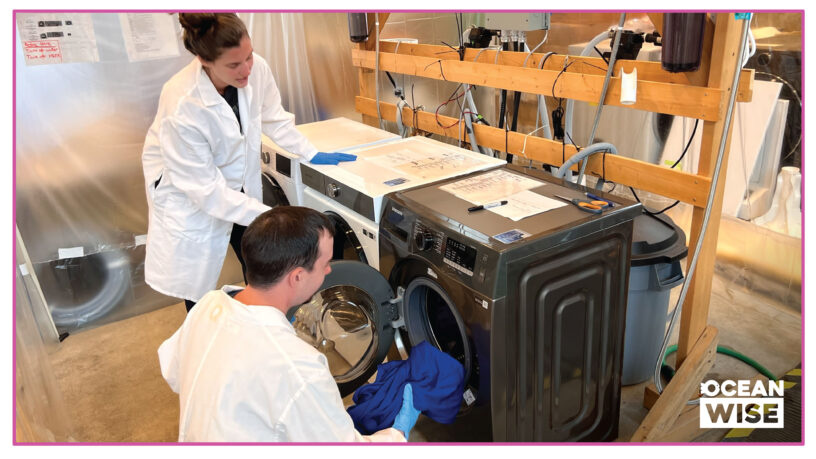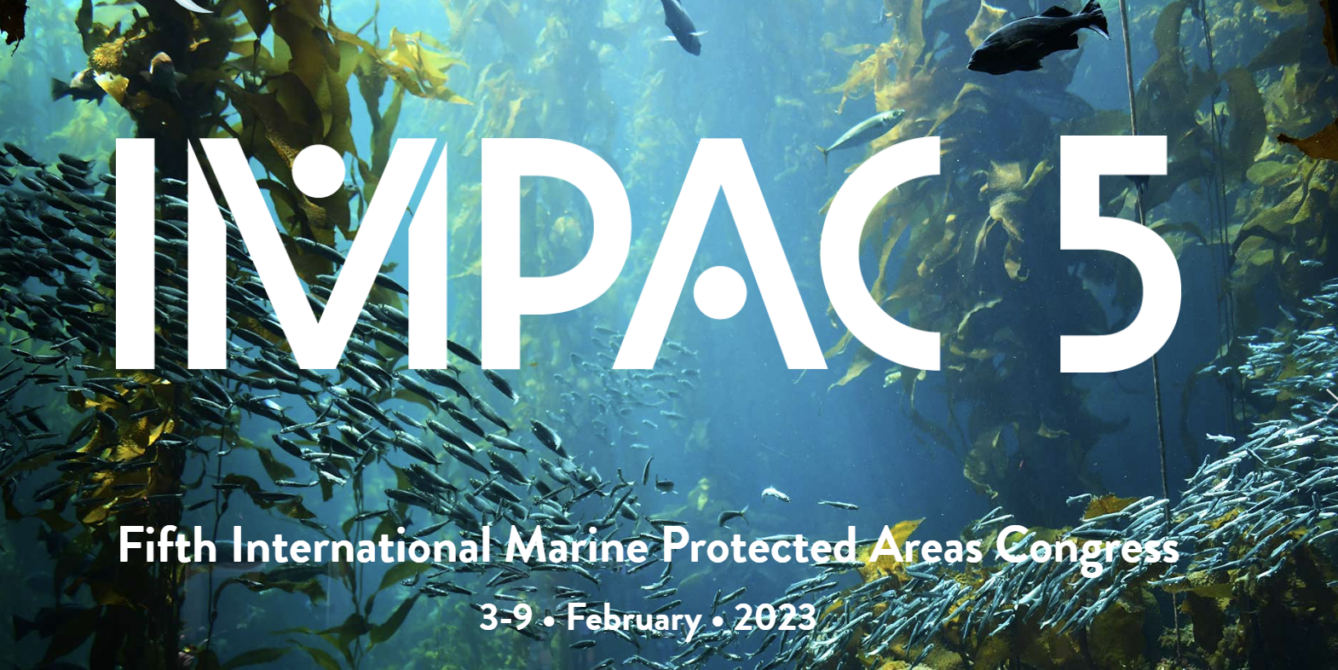
Eyes on Vancouver – What we accomplished at IMPAC5
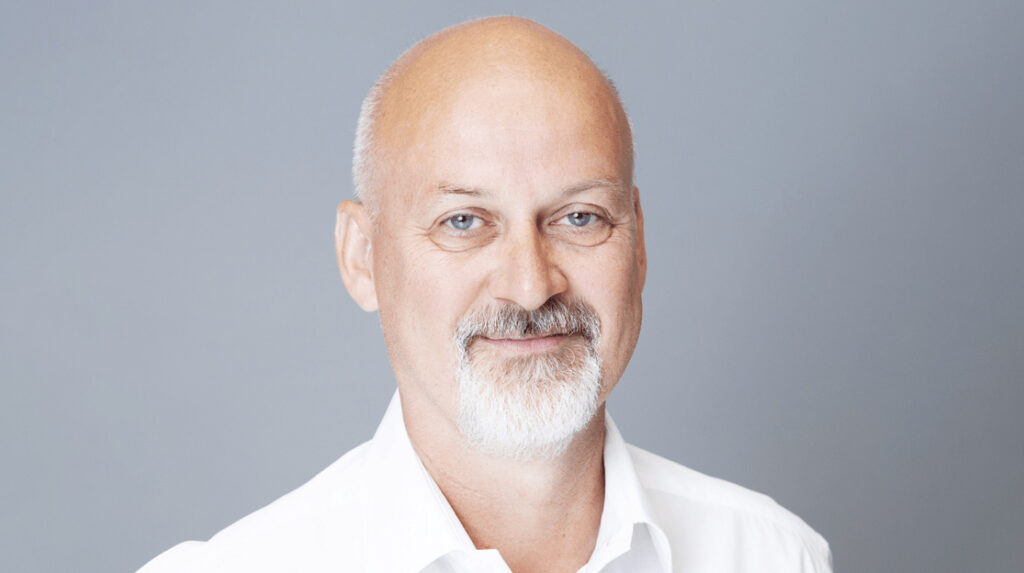
Lasse Gustavsson is the President and CEO of Ocean Wise. Below, he share his thoughts on the recent IMPAC5 conference that took place in Vancouver.
It’s been a whirlwind week and a half here in Vancouver. With IMPAC5 taking place from February 3 – 9th the world’s leading experts in ocean conservation descended on the city. As we wrap up the congress it’s worth taking a breath to reflect on what we accomplished together…and where we go from here.
IMPAC5 is coming hot on the heels of COP15 in Montreal where there was global agreement to protect 30% of land and water by 2030. This agreement is driving a lot of the discussion at IMPAC5, with NGOs anticipating countries to release pathways and standards around Marine Protected Areas (MPAs) and Other Environmental Conservation Measures (OECMs)
Here are my IMPAC5 top 5. Five successes for us to be proud of and two major issue that were raised…but need addressing fast!
Five Big Wins
Indigenous Leadership
A major success of IMPAC5 was the ability for Indigenous communities to lead many of the conversations and announcements. This includes significant indigenous partnership in the planning and delivery of the congress and an important sisterhood announcement between the Hawaiian and Rapanui communities.
Then, on Tuesday, February 7th First Nations joined with the Government of Canada to announce the first marine refuge within the Northern Shelf Bioregion. The Mamalilikulla First Nation and the Province of British Columbia, Government of Canada together announced fisheries closures and the establishment of a marine refuge in Gwaxdlala/Nalaxdlala – also known as Lull Bay and Hoeya Sound, a globally unique ecosystem of fragile and slow-growing corals and sponges that provide habitat for more than 240 marine species.
As a participant in the planning process for the area Ocean Wise is pleased to see this first marine refuge to be recognized through the Northern Shelf Bioregion Marine Protected Area (MPA) Network planning process.
Youth at the Centre
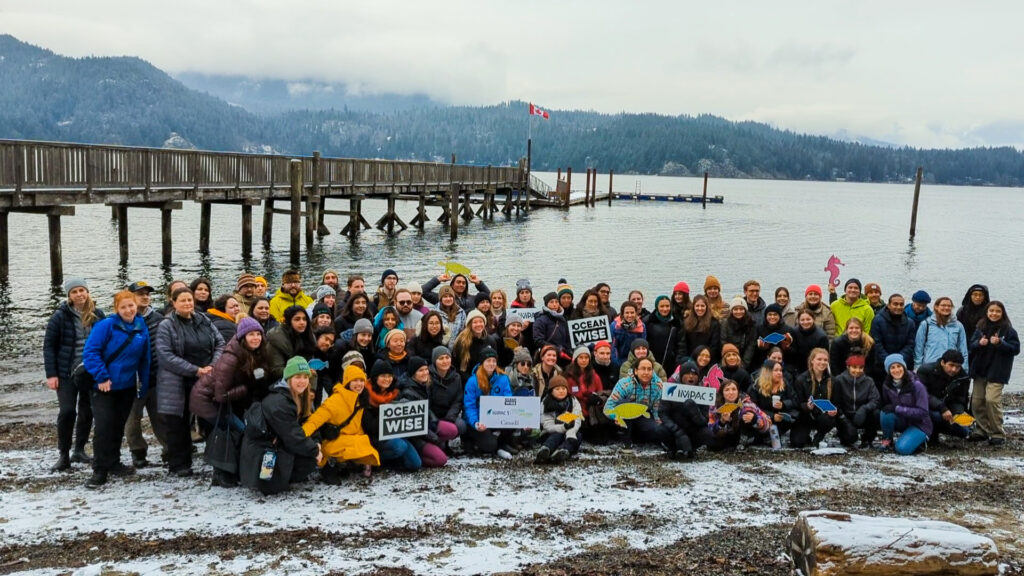
Without question the highlight has been the centering of youth at this important congress. Right out of the gate the IMPAC5 team was committed to having youth participate in the conversations rather than watching from the sidelines.
I’m proud that Ocean Wise played an important role in this by leading the Youth and Young Professionals program, Coastal Connections, at IMPAC5. This networking and intergenerational knowledge exchange included a two-day pre-congress retreat at Camp Elphinstone and gave international youth delegates an opportunity to connect with each other and other ocean leaders in advance of the congress. Setting the stage for them to make the most of their time at IMPAC5 in Vancouver.
Speaking from the Heart
It’s often commented on that the environmental movement has shifted from one of action to one of discussion…and sometimes I need to agree with that. But those discussions are also important as they put difficult issues on the table and let us collaborate across organizations and sectors to come up with solutions that will actually work. Being a part of these conversations is important and I was especially pleased to be a part of the Leadership Forum where we strategized on the “all-in” collaboration needed to reach marine conservation targets.
Many thanks to Jessica Scott from our Whales Team, Toby Plant from Education and Frankie Marquez and Erin Christensen from our Youth program for being a part of the program.
Celebrating our Successes
Perhaps the best part of a congress like IMPAC5 is the opportunity to have fun with our ocean colleagues and celebrate where we are at today. The Ocean Festival was an incredible opportunity to celebrate all the amazing things the ocean brings us. Our Sea Dome was on-site for all the celebrations…bringing the immersive ocean experience to kids of all ages!
We also had a networking event at the Ocean Wise headquarters on Cambie St. Together with Sustainable Ocean Alliance, Early Career Ocean Processionals Canada, Parley Ocean Uprise and 100+ youth delegates we celebrated our ocean community until the early hours!
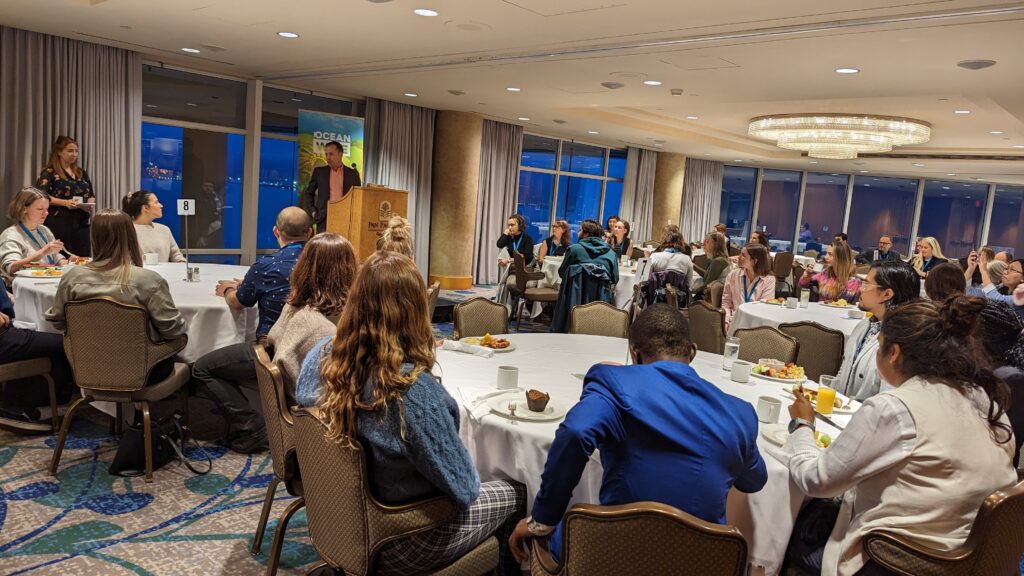
Canada Stepping Up for Ocean Conservation
Throughout IMPAC5 the Government of Canada stepped up to make some important announcements related to Marine Protected Areas. This included Canada’s pathway to 25% by 2025 and standards for MPAs.
On Tuesday, February 7th they also joined with First Nations to announce the first marine refuge within the Northern Shelf Bioregion. Together with the Mamalilikulla First Nation and the Province of British Columbia, Minister Joyce Murray announced fisheries closures and the establishment of a marine refuge in Gwaxdlala/Nalaxdlala – also known as Lull Bay and Hoeya Sound, a globally unique ecosystem of fragile and slow-growing corals and sponges that provide habitat for more than 240 marine species.
As the first marine refuge to be recognized through the Northern Shelf Bioregion Marine Protected Area (MPA) Network planning process this announcement represents years of work between Canada, the Province of British Columbia and the Mamalilikulla First Nation.
Then, in the final hours of the conference Minister’s Murray and Wilkinson announced Canada’s refusal to allow deep sea mining until more work is done. This means we won’t let industry come first and nature second. We’ll treat our ocean like the critical habitat and precious resource that it is.
Two Barriers to the Work Ahead
Fund it like it matters
MPAs can be effective tools to protect nature, and increase productivity throughout the ocean. But, only if they are well designed and well managed. For this to happen we need to fund ocean conservation like our lives depend on it, because they do. Currently SDG 14 (Life under water) is critically underfunded. Less than 0.01% of all SDG funding goes towards the ocean. Most MPAs are still not effective, at least partly because management and enforcement aren’t funded.
Designation of MPAs is a critical first step, but unless government commit resources for management and enforcement, all we get is paper parks.
Time is not on our side, but this work needs careful attention to detail
IMPAC5 was an important gathering for building off of COP15 and setting pathways to protect 30% of the ocean by 2030. But, we need to move fast…and I mean FAST! If we are going to hit this target we need to designate 11 million km2 per year, every year between now and 2030.
We’ve never designated that much in a year, yet alone multiple years in a row. The need to hit these targets will encourage speed over rigour. While I hope we can work quickly together, and achieve protection like never before, it is important that we do not sacrifice quality for speed.
Posted February 9, 2023 by Ocean Wise
